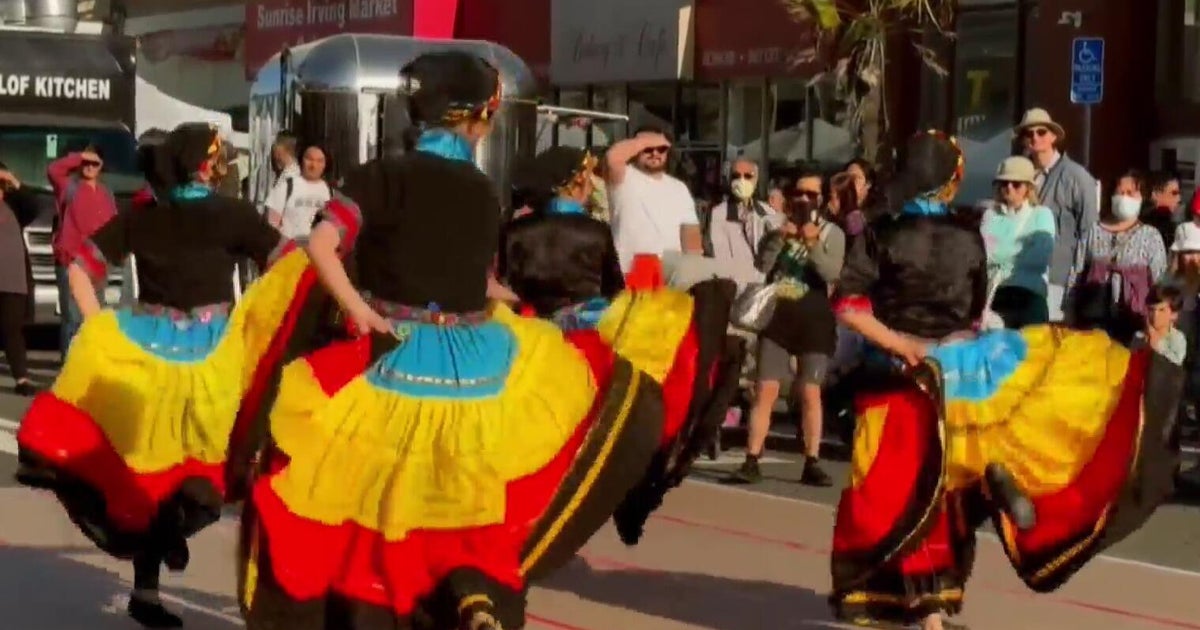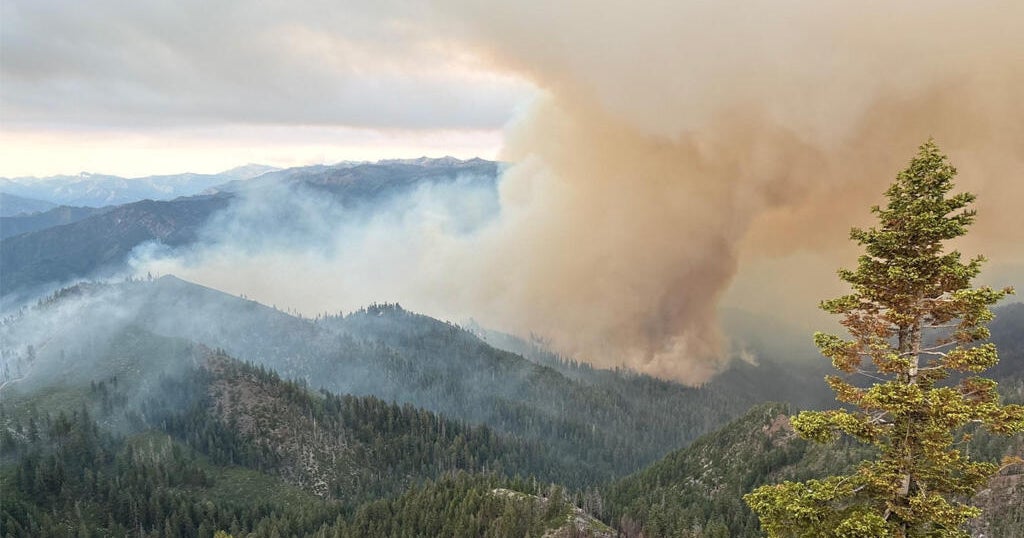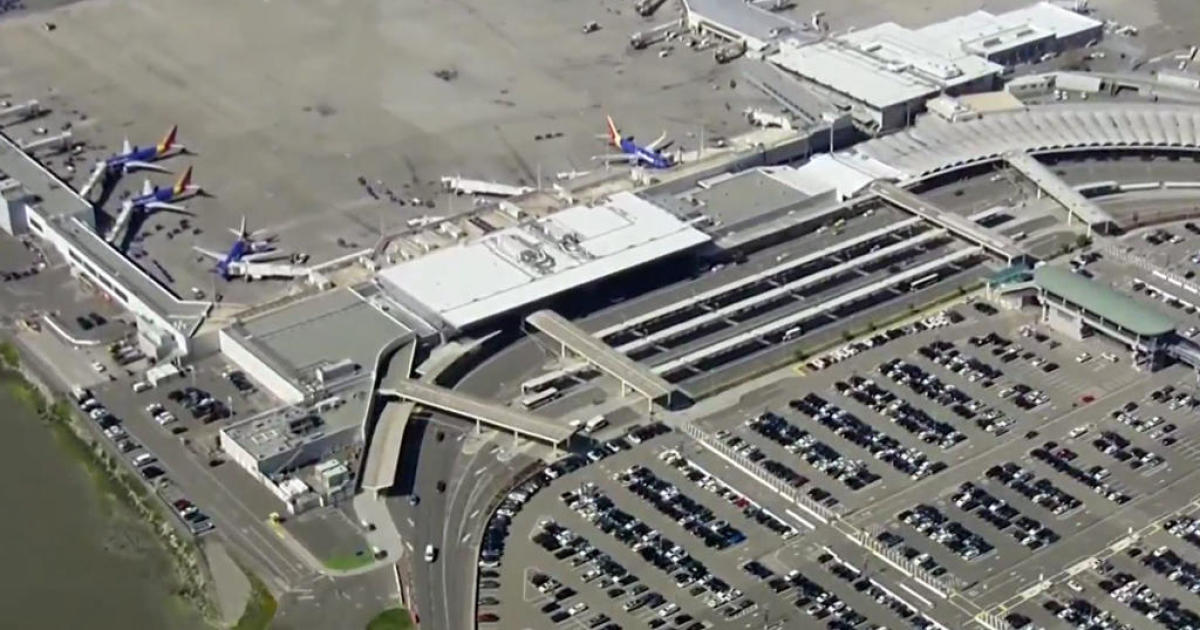KCBS In Depth: How The Bay Area Landed Super Bowl 50
SAN FRANCISCO (KCBS) — In 2016, the NFL celebrates the 50th anniversary of the Super Bowl and because of the Bay Area Super Bowl Committee's efforts, that celebration will be happening here in the Bay Area.
The bid committee (now host committee) Chairman Dan Lurie has devoted the last year to bringing one of the most commercial and lucrative events to the Bay despite making a career of being a philanthropist. Lurie is the founder and CEO of Tipping Point Community, a poverty fighting non-profit with a focus on the Bay Area.
Lurie was asked in summer of 2012 by Mayor Ed Lee and Jed York, the CEO of the SF 49ers to come on and be on the bid committee. Under his influence, the committee has been able to secure a team of 25 philanthropic, business and civic leaders.
"This is a regional effort and I give tremendous credit to Mayor Lee and Mayor [Jamie] Matthews [Santa Clara] and to Mayor [Chuck] Reed. We need the entire region to pull off an event of this magnitude," Lurie said.
A huge selling point to bring the big game to the area, according to Lurie, was the thriving tech industry and the plans for technology to play a role in the Super Bowl and the choice of yet-to-be completed Levi's Stadium.
In Depth: Super Bowl L In The Bay Area
Apple, Google and Adobe were among the companies Lurie said were instrumental in sealing the deal to get the game here. He added that the stadium will be cashless, ticketless and paperless.
"You're going to be able to order food to your seats and watch instant replays on your mobile device whether it's Android or iPhone."
As a way to woo the NFL, Apple pitched in and sent iPads to the board of directors for a 15 minute presentation by the Bay Area bid committee. Adobe helped out too with the software.
Even Google's Eric Schmidt spoke on their behalf to talk up the benefits of having Super Bowl 50 in Santa Clara.
But technology aside it's Lurie's philanthropic background that has played a role in landing the deal too. He explained more on how the partnership would benefit the local community.
"We have commitments of $30 million from a number of companies. More than 10 of them have committed $2 million. $1.5 (of the $2 million) will go to the host committee and all the expenses that we will have over the next two and a half years.
In other words, 25 percent or $500,000, of the $2 million will go back into the community.
According to Lurie they will help families and children living in poverty and to help improve the local environment.
Lurie said to the NFL's credit they do make a point of having a Super Bowl legacy as part of the experience.
"You have to raise $1 million and they will match it with $1 million of their own. We wanted to take it to a whole new level. We want this to be the most philanthropic Super Bowl the country has ever seen.
It's still undetermined who exactly is going to receive the money, but Lurie said a 501c3 organization is being put in place for the charitable efforts.
"We haven't even started receiving the money to be quite honest. We anticipate it going to non-profits throughout the region. We made a conscious decision not to do a financial analysis of what money would come in, because we don't want to over promise and then under deliver," he said.
Lurie claimed that every past region that has been granted the Super Bowl bid has wanted to bid on another one, but many are asking about the cost of putting on an event of such a magnitude.
He said that on May 21st, when they presented their bid in Boston that they had $30 million committed and that past cities said it would cost somewhere around the $25 million mark. With commitments already in place, Lurie said they are prepared to continue with their fundraising efforts.
He commented on the cost to taxpayers saying that Santa Clara has an "iron-clad" agreement with their voters so that no public-safety dollars will go to events in and around that stadium.
"That will come out of host-committee dollars that we've raised. In that case, taxpayer money will not come out of Santa Clara. These hotels will be full, the restaurants will be full. We believe that there will be more influx to general funds in cities around this region than any outflows and taxpayer dollars."
And the funds will be going to putting on a much bigger event than the last time the Super Bowl was seen in the Bay Area in 1985. Much has changed and there is plenty of physical work that needs to be done including the completion of Levi's Stadium in Santa Clara.
"The leaders of these cities know how to put on great events," Lurie said. "The Moscone Center is prepared to put on events like this."
That will partly be the site of the NFL Experience event for fans. In addition, the Super Bowl Village will call for the activation of San Francisco's waterfront as well as parts of Market Street as part of a Super Bowl Boulevard.
"We want to activate Union Square. We want to activate Yerba Buena Gardens.," he said and the Ferry Building too. This is part of their strategy to make the fan-friendly events in San Francisco s much of a walkable experience as possible.
Lurie also acknowledged the challenges of working with local transportation agencies to ensure that things are running smoothly.
The requirements of the partnership between the host city and the NFL include having venues ready for events and as many as 19,000 hotel rooms available, but as far as tickets for the locals goes, they're not going to be easy to come by. Even the committee has only been allowed a handful he said.
"We don't want this to be about the corporate excess that a lot of Super Bowls have come to be known for."
(Copyright 2013 by CBS San Francisco. All Rights Reserved. This material may not be published, broadcast, rewritten, or redistributed.)



